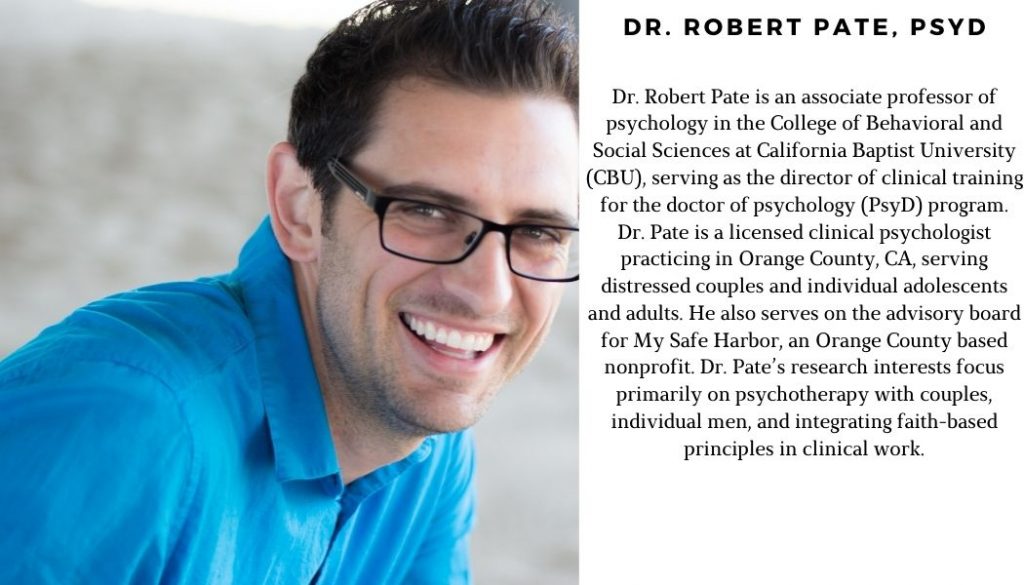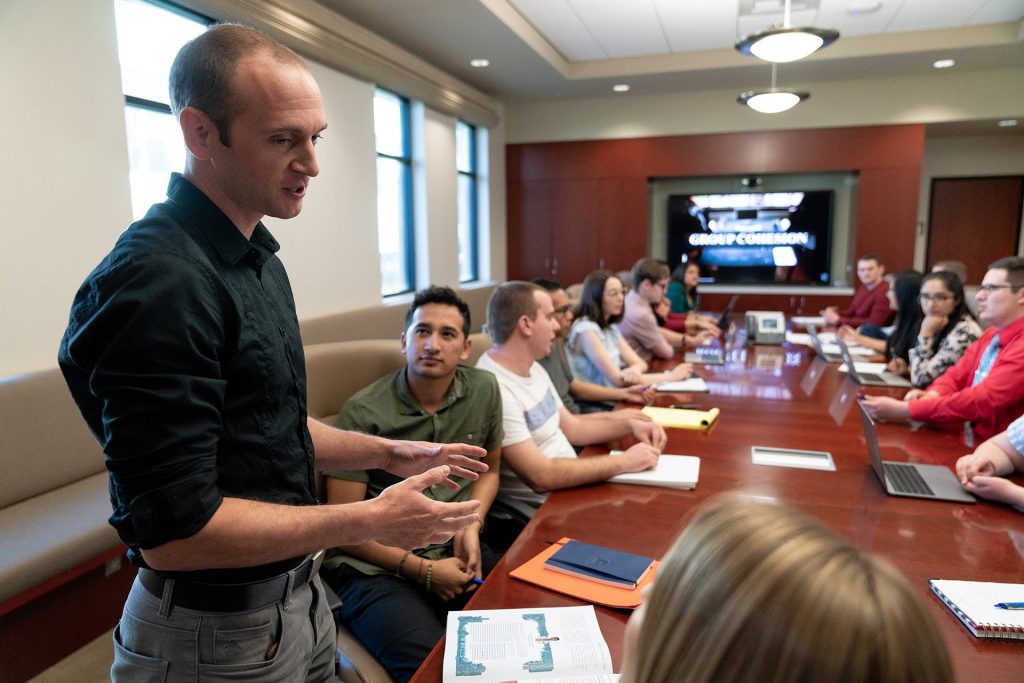By Dr. Sophia Mun
If there were a simple way to improve your academic performance, would you try it? If there were an easy way to help you live longer and more healthily, would you be willing to do it? If you said “Yes!” to either of the questions, you might want to read through this article.
Intro
When I studied gerontology a few years ago, there were some research findings that caught my attention. Wait, what? Gerontology? Geology? Geography? Okay—you might have not heard about gerontology. Gerontology is the scientific study of old age, the process of aging, and the particular problems of older adults. Let’s talk more about this in the next blog. Anyway, one fascinating study found that aging self-stereotypes (older individuals’ beliefs about older people) could influence longevity. The study showed that older individuals with more positive self-perceptions of aging lived 7.5 years longer than those with less positive self-perception of aging (Levy et al., 2002). There are more: positive age beliefs protected against dementia (Levy et al., 2018), and negative age beliefs predicted a greater cardiovascular response to stress and worse health behaviors (Levyet al., 2000; Levy & Myers, 2004). Overall, these studies suggest that living with positive thoughts about aging could improve our psychological and physical health. Amazing, right?

What is a mindset?
How can beliefs about ourselves help us be healthier and live longer? This is closely tied to the concept of the mindset. Mindsets are beliefs we hold about ourselves and our most basic qualities, such as personality or talent (Dweck, 2019). It is also a way of thinking about the world. In other words, it is a lens or frame of mind we use to understand ourselves and the world. Scientific research has gathered massive evidence about the power of mindset. Here is a study you would be very interested in. Blackwell et al.(2007) found that the belief that intelligence is malleable (growth mindset) predicted an upward trajectory in grades over two years of junior high school, while a belief that intelligence is fixed (fixed mindset) predicted a flat trajectory. Beliefs about ourselves can increase academic performance, too!
What science says
Science says mindset plays a significant role in determining our well-being and achievements because mindsets are responsible for our behavioral, physiological, and psychological responses (Crumetal.,2017). Mindsets influence what we pay attention to, what we’re motivated to do, how we feel and expect to feel, and what our bodies are prepared to do. And we make decisions every day by our responses.

What the Bible says
The Bible is clear about the power of our minds and beliefs. The Bible says our minds are powerful. Our thoughts and beliefs shape who we are and will become, and our faith decides what we will do in our lives. Mark 9:23 “’If you can?’ said Jesus. ‘Everything is possible for one who believes.’” Matthew 9:22, “Jesus turned, and seeing her he said, ‘Take heart, daughter; your faith has made you well.’ And instantly the woman was made well.” Matthew 9:29, “Then he touched their eyes, saying, ‘According to your faith be it done to you.’” In the Bible, belief is a golden key to make things work including miracles.
The power of mind (faith) in an uncertain world
Do you want to prosper in this uncertain world? What you experience today is product of your mindset; what you experience in the future depends on your mindset today. The only thing you have to do is to choose to have a positive mindset. God gave us free will to choose. Science has done great work to explain the power of belief, but there is still a long way to go. It may not give us the whole picture of the power of mindset, but I like leaving some mysteries unsolved—that is what faith is about. What we believe matters.
Changeyour mindset.
Renew your mind (Romans 12:2).
References
Blackwell, L. S., Trzesniewski, K. H., & Dweck, C. S. (2007). Implicit theories of intelligence predict achievement across an adolescent transition: a longitudinal study and an intervention.Child development,78(1), 246–263. https://doi.org/10.1111/j.1467-8624.2007.00995.x
Crum, A. J., Leibowitz, K. A., & Verghese, A. (2017). Making mindset matter.Bmj,356, j674.https://doi.org/10.1136/bmj.j674Dweck, C. S. (2019). The Choice to Make a Difference. Perspectives on Psychological Science, 14(1), 21–25. https://doi.org/10.1177/1745691618804180
Levy, B. R., Slade, M. D., Kunkel, S. R., & Kasl, S. V. (2002). Longevity increased by positive self-perceptions of aging.Journal of personality and social psychology,83(2), 261–270. https://doi.org/10.1037//0022-3514.83.2.261
Levy, B. R., Slade, M. D., Pietrzak, R. H., & Ferrucci, L. (2018). Positive age beliefs protect against dementia even among elders with high-risk gene.PloS one,13(2), e0191004. https://doi.org/10.1371/journal.pone.0191004
Levy, B. R., Hausdorff, J. M., Hencke, R., & Wei, J. Y. (2000). Reducing cardiovascular stress with positive self-stereotypes of aging.The journals of gerontology. Series B, Psychological sciences and social sciences,55(4), P205–P213. https://doi.org/10.1093/geronb/55.4.p205
Levy, B. R., & Myers, L. M. (2004). Preventive health behaviors influenced by self-perceptions of aging.Preventive medicine,39(3), 625–629. https://doi.org/10.1016/j.ypmed.2004.02.029










